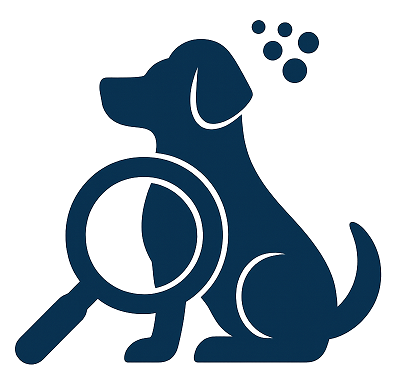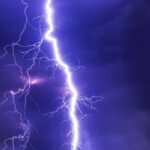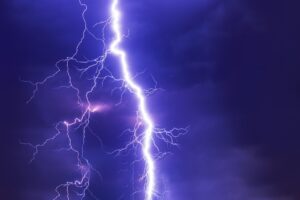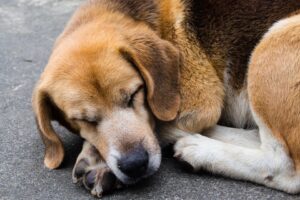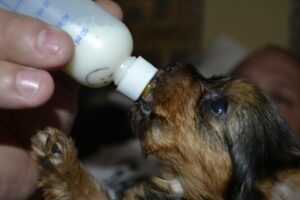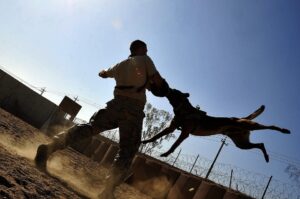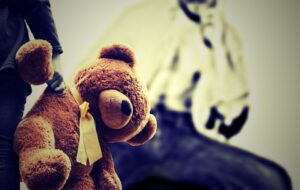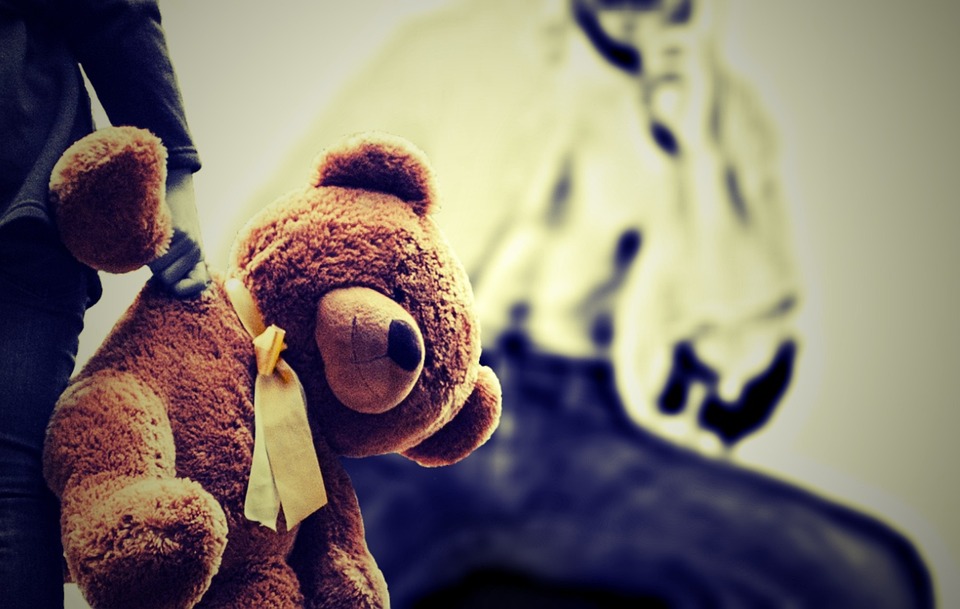
Understanding Fireworks Fear in Dogs
Fireworks are a common source of fear for many dogs. The sudden loud noises, unpredictable flashes of light, and strong smells can be overwhelming, causing anxiety and stress. Understanding why your dog reacts to fireworks can help you better support them.
Why Do Dogs Fear Fireworks?
Dogs have acute hearing, which makes them more sensitive to loud sounds. Fireworks also produce a range of frequencies, some of which are beyond human hearing but can be distressing for dogs. Additionally, the unpredictability of fireworks — their timing and location — can trigger a fear response as dogs struggle to find a safe place to retreat.
Signs Your Dog is Afraid of Fireworks
Recognizing the signs of fear is crucial. Dogs may exhibit behaviors such as trembling, pacing, whining, barking, hiding, or attempting to escape. Some dogs might even experience more severe reactions like destructive behavior or loss of bladder control. Being observant will help you intervene early and effectively.
Preparing Your Dog for Fireworks
Preparation is key to helping your dog handle fireworks more calmly. The following strategies can be implemented in advance to reduce fear and anxiety.
Desensitization and Counterconditioning
Desensitization involves gradually exposing your dog to the sounds of fireworks at a low volume and rewarding them for calm behavior. Over time, increase the volume while maintaining a positive environment. Counterconditioning can be combined with this by associating the sounds with positive experiences, such as treats or playtime.
Creating a Safe Haven
Designate a quiet, comfortable space in your home where your dog can retreat during fireworks. Make this area cozy with their favorite blanket, toys, and perhaps an item of your clothing for your scent. Familiarize your dog with this space before fireworks season to ensure they see it as a safe haven.
Training Commands
Basic commands such as “sit,” “stay,” or “come” can help manage your dog’s response during fireworks. Training these commands in a calm environment, and then gradually introducing distractions, can enhance their effectiveness during stressful situations.
During the Fireworks
When fireworks begin, it’s essential to provide immediate support and reassurance to your dog.
Maintain a Calm Demeanor
Dogs are highly attuned to their owners’ emotions. By staying calm and composed, you can help prevent escalating your dog’s anxiety. Speak in a soothing tone and avoid showing frustration or panic.
Engage and Distract
Engage your dog with activities that can distract them from the fireworks. Playing their favorite game, offering a special chew toy, or practicing commands with rewards can redirect their focus from the fireworks.
Use Background Noise
Drown out the noise of fireworks by playing music, turning on the television, or using a white noise machine. These sounds can help mask the unexpected booms and lessen their impact on your dog.
Post-Fireworks Care
After the fireworks, it’s important to continue caring for your dog to ensure they fully recover from the experience.
Reassure and Comfort
Provide comfort and reassurance to your dog once the fireworks are over. Gentle petting, praise, and offering treats can help them associate the end of fireworks with positive outcomes.
Assess and Adjust
Evaluate how your dog responded and make notes for future improvement. If your dog’s fear was severe, consider consulting a veterinarian or a professional dog trainer for further strategies or potential use of anxiety medications.
Long-term Strategies for Fireworks Fear
For dogs with persistent fireworks fear, consider implementing long-term strategies to build resilience and reduce anxiety over time.
Regular Exposure and Training
Regular, controlled exposure to recorded fireworks sounds, coupled with positive reinforcement, can gradually reduce fear. Consistent training sessions focusing on commands and calm behavior are beneficial.
Behavioral Therapy
Consulting with a professional dog behaviorist can provide tailored strategies for managing and reducing fireworks fear. Techniques such as behavioral therapy can address underlying anxiety issues.
Natural Remedies
Consider natural calming aids such as pheromone diffusers, herbal supplements, or calming collars, which can provide additional support in managing anxiety.
Conclusion
Fireworks fear is common among dogs, but with understanding, preparation, and effective strategies, you can help your furry friend cope better. By recognizing signs of fear, implementing training and comfort measures, and considering professional advice when needed, you can ensure a safer and more peaceful experience for both you and your dog during fireworks displays. Remember, patience and consistency are key in helping your dog overcome their fear and enjoy a calmer life.
